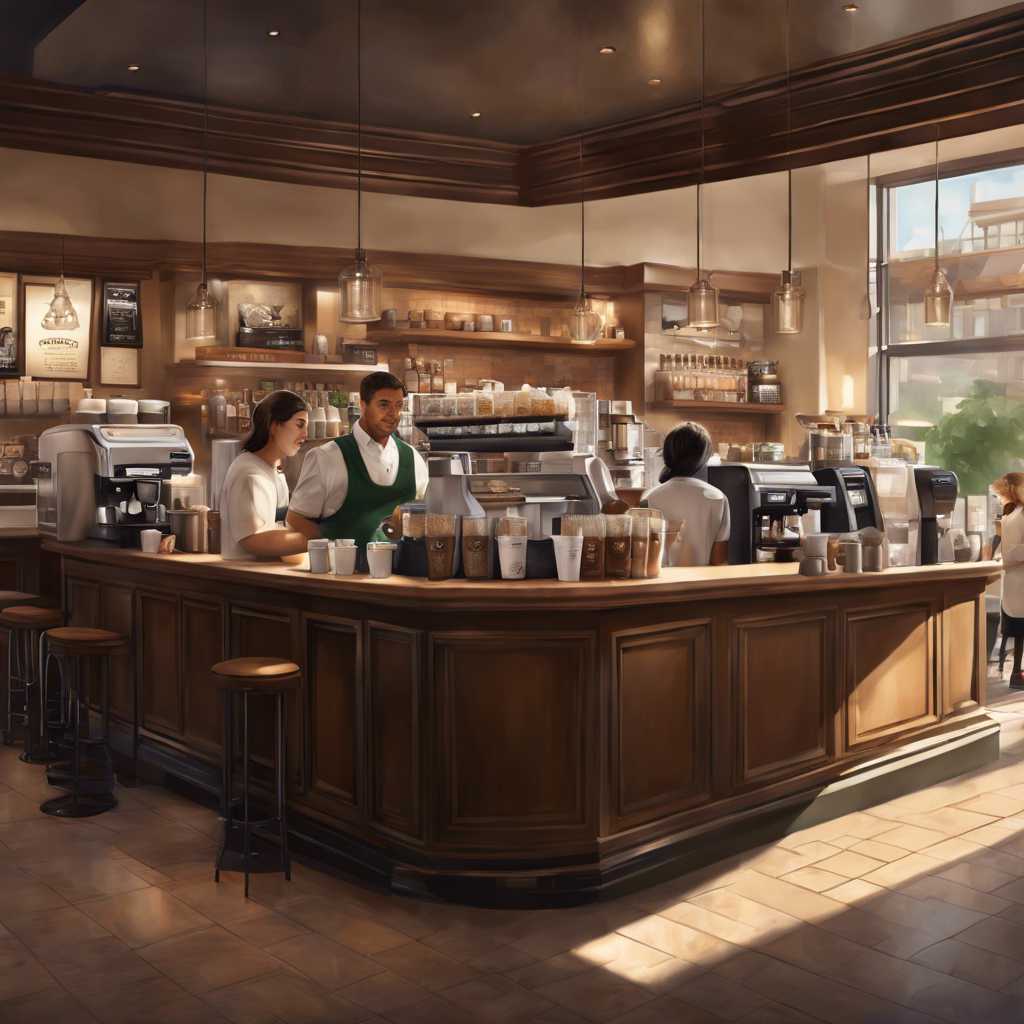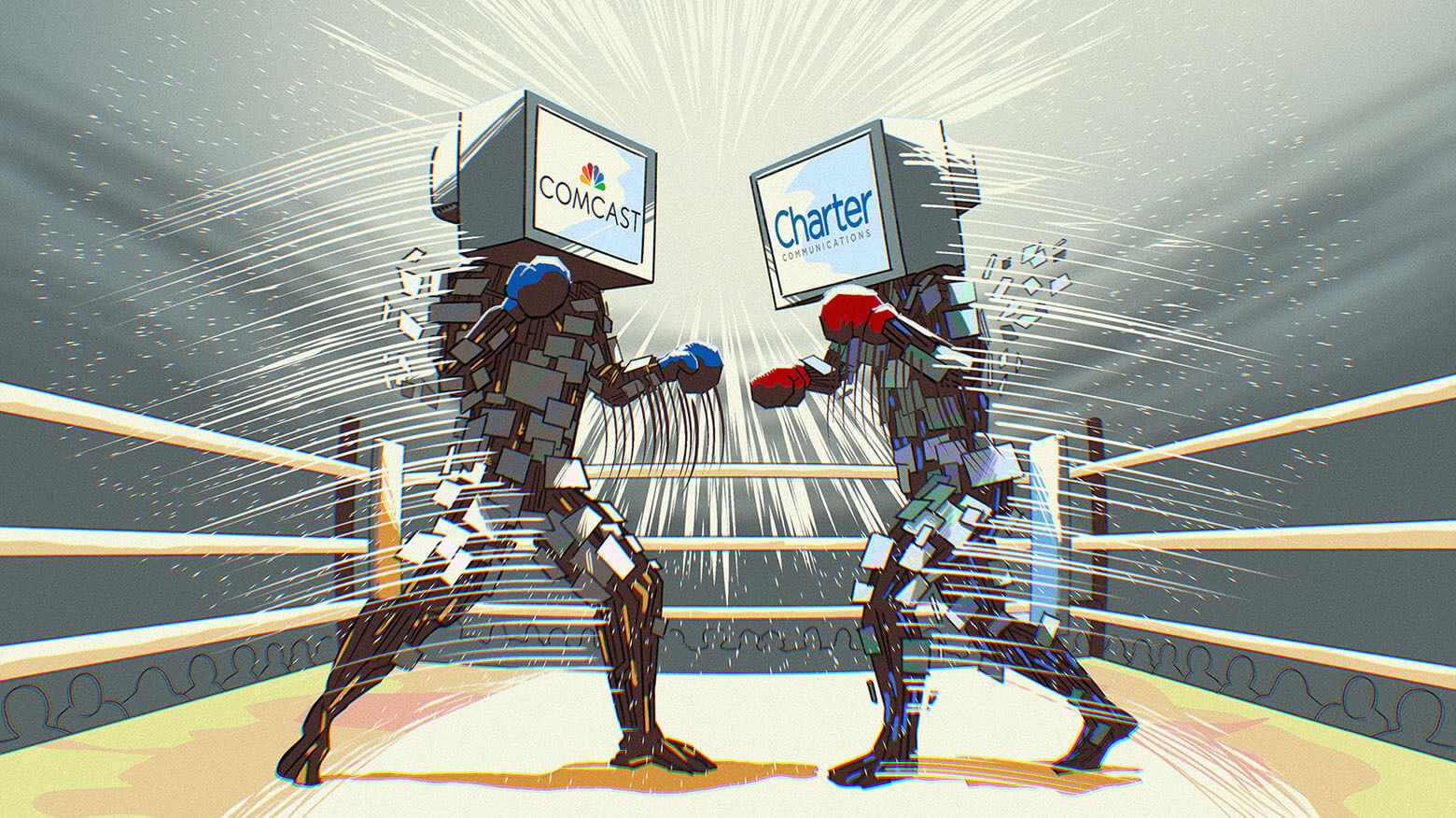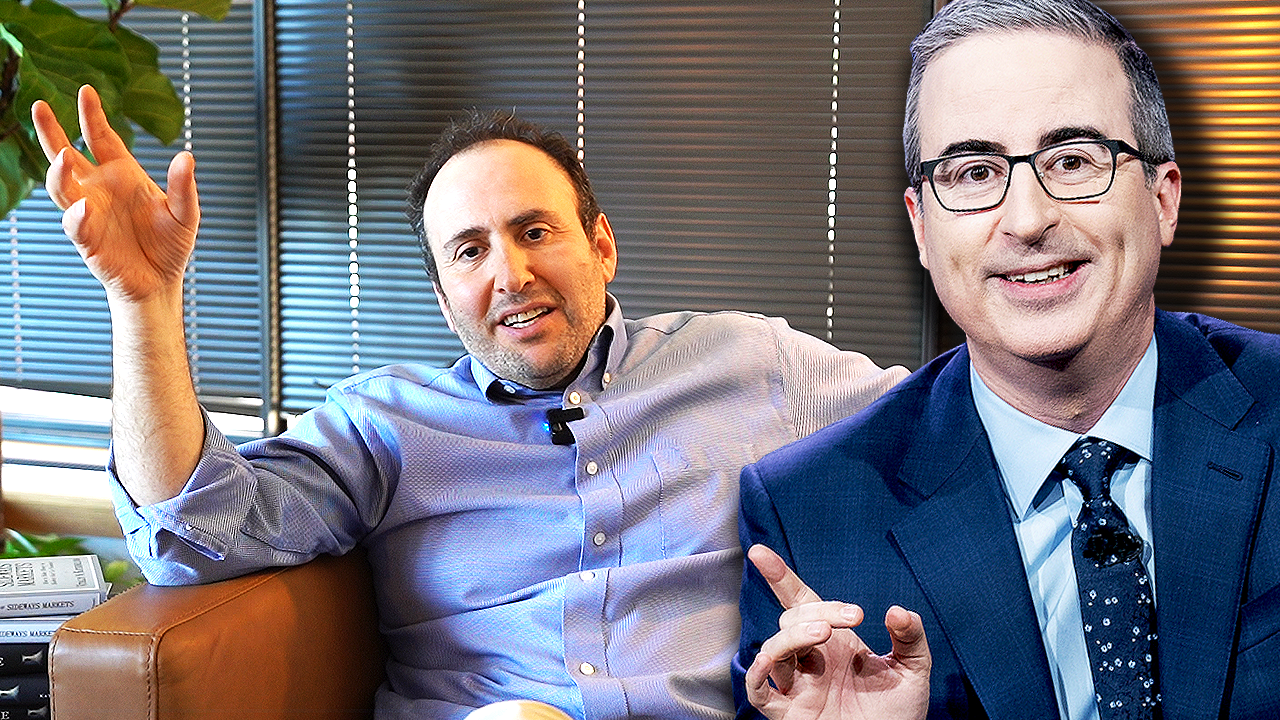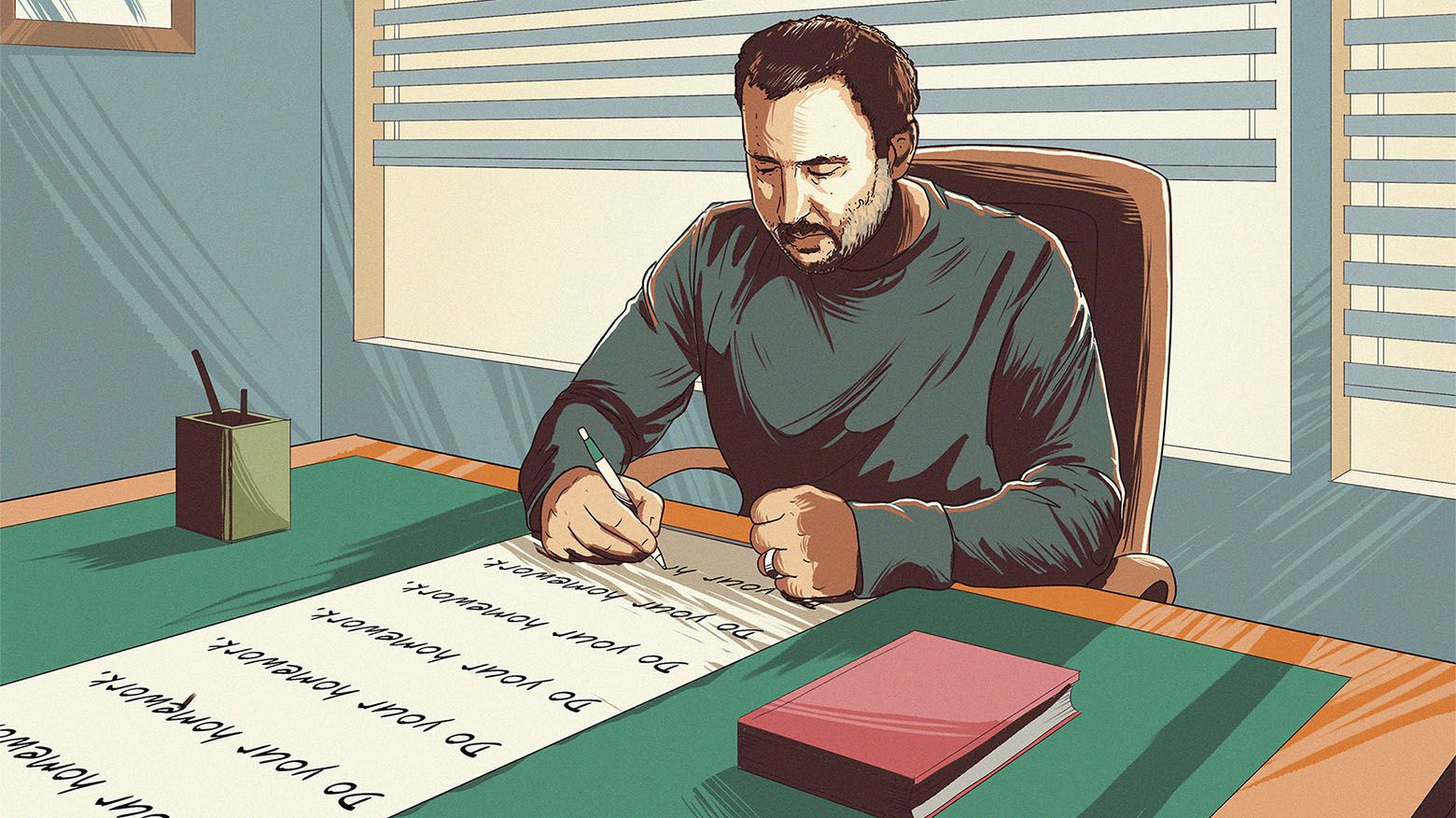I just came back from a week-long trip in Europe where I spent four days in Vienna and three days in Sofia (Bulgaria). I was surprised to find very few Starbucks (SBUX) shops in Vienna. Despite traveling extensively around the city I counted only two. Both are primarily frequented by — you guessed it — tourists. I’ve been told SBUX has closed down a number of stores over the years. After visiting London in August and seeing a SBUX on every corner, I figured the firm had spread the decaying American capitalism evenly around the world. Remember, Britain is a nation that drinks tea – or so we’ve been told.5,000 stores worldwide SBUX is not exactly a spring chicken anymore, and its growth going forward will be lower than it was in the past.
If Austria is any guide the company’s ability to grow internationally is less certain. I may buy SBUX in the future once the growth premium is gone and the stock trades with appropriate margin of safety (in my book Active Value Investing I discuss how to figure out how much margin of safety you should require for a stock), but I’ll not pay a premium for (past) growth or its visibility.
The only explanation I could find was that Austrians look at coffee as an experience. Since they pay a couple euros for a tiny little bitty cup of coffee, they figure they may as well enjoy it by spending an hour drinking it. In America we drink the same amount in a sip. Maybe Austrians want their coffee brought to them. Though I have to confess, service in Europe rivals service I receive in the local Post Office on the day before Christmas.
Austria is a country with only eight million people and SBUX’s failure there will not necessarily derail its global growth strategy. But the SBUX failure in Austria — a western European country where coffee consumption is deeply ingrained in the culture — makes me pause. Maybe growth from over-caffeinating the rest of the world is not a slam dunk as everyone perceives.
SBUX, along with other high quality companies with strong competitive advantages and an impressive growth track record, have traded at a premium to the market (higher Price to Earnings ratio). There were actually two premiums: one for quality and another for consistent high growth. eBay (EBAY), Whole Foods (WFMI), Wal-Mart (WMT), General Electric (GE) and many more come to mind here. Most of which are in different stages of seeing their growth premium deflated.
When it comes to SUBX, the quality is undoubtedly still there. But the growth premium has been deflating as its expansion has slowed.
P.S. I did not see a single SBUX in Sofia, but paid a visit to a Dunkin Donuts that shared space with KFC (YUM) which in Bulgaria is still called Kentucky Fried Chicken.










0 comments